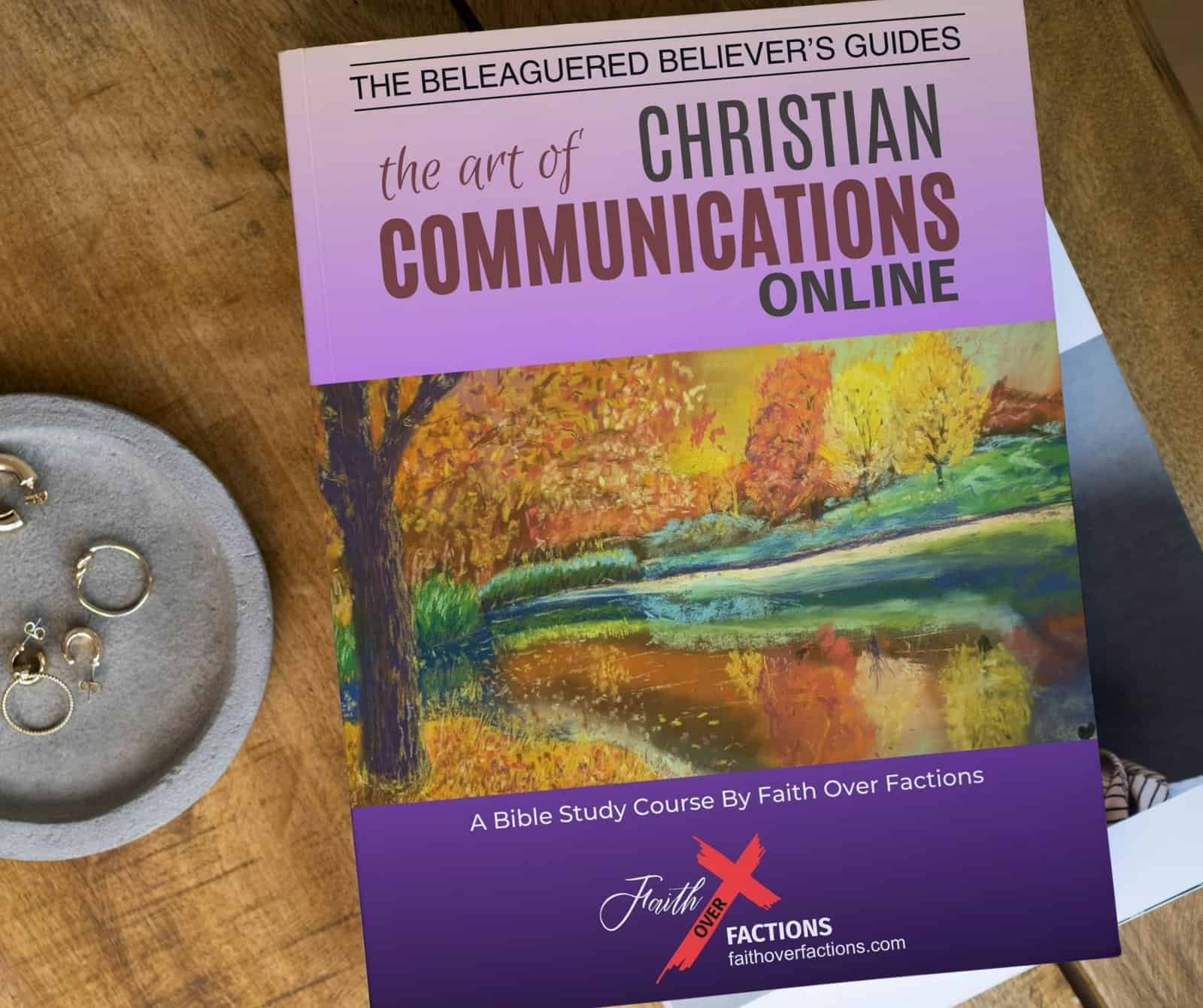
When a Nation Gets the Leader It Deserves
What if the rise of corrupt rulers isn’t a sign of God’s approval—but His warning?
All throughout history, people have mistaken dominance for righteousness, and success for divine blessing. But Scripture tells another story—one where the rise of certain leaders exposes the hidden desires of a people more than the favor of God. This reflection invites us to face a hard truth: sometimes God gives us what we crave to show us what we’ve become.
Anchor in the Word
“So God abandoned them to do whatever shameful things their hearts desired.”
Romans 1:24 (NLT)Key Scripture Context
This passage begins Paul’s haunting description of a society that turned from God to worship its own desires. Rather than intervene immediately, God allows them to spiral—not as neglect, but as revelation. It’s not a story of punishment out of anger, but clarity out of grief.
What We’re Facing
When Our Leaders Mirror Our Idols
Many today equate influence with integrity and power with God's favor. But biblical history paints a different picture. God’s people often begged for leaders who looked strong, wealthy, and fearsome—“like the nations around us” (1 Samuel 8:20). And God gave them what they asked for.
The problem? They weren’t asking for holiness—they were asking for control.
Just like ancient Israel, modern nations can fall into the trap of wanting celebrity over character, dominance over justice, and image over truth. And God, in His mercy, may allow it—not to endorse it, but to expose it.
Then and Now—Drawing Parallels
In the Old Testament, when Israel demanded a king, they weren’t asking for someone to reflect God's heart. They wanted someone who could win wars and command loyalty. God warned them through Samuel, but they insisted: “We want to be like the nations” (1 Samuel 8:5).
That story repeats. Whether it's Rome under emperors or modern democracies under media darlings, people have always gravitated toward leaders who reflect their fears, desires, and dreams—not necessarily God’s character.
The result? Leaders rise—but judgment comes in the form of disillusionment, division, and decay.
Theological Truth in Plain Language
God’s judgment doesn’t always look like fire from the sky. Sometimes it looks like getting what we wanted, only to realize it’s what we never needed.
When a culture chases after materialism, ego, violence, and self-worship, God may let it walk that path—not because He approves, but because He wants us to see the truth. Romans 1 makes this plain: when we trade the truth about God for a lie, He allows the consequences to play out.
As A.W. Tozer said, “What comes into our minds when we think about God is the most important thing about us.” If our leaders look more like Caesar than Christ, it may be time to ask: who formed our image of God in the first place?
Practical Moves of Faith
Name the Idol
We all carry quiet allegiances—things we trust, defend, or chase more fiercely than we chase Christ. Maybe it’s control over outcomes, financial security, a political ideology, or public approval. These idols don’t always look like golden statues; they look like habits, arguments, and fears we refuse to surrender. The first act of freedom is honesty. Write down what you’ve been defending that might actually be distorting your discipleship. Speak it aloud. Until we name the idol, we’ll keep kneeling to it—sometimes in Jesus’ name.
Return to the Word
Go to Romans 1:21–25 and read it slowly, maybe even aloud. Pay attention to the progression: people knew God but refused to honor Him. Their thinking became confused. They traded eternal glory for hollow images. It’s not just about "them"—it’s about us. Where have we let culture, fear, or tribal loyalty reshape our theology? When Scripture exposes our drift, it doesn’t do so to shame us—but to re-center us in truth. The Word is our realignment tool.
Break the Cycle
Spiritual compromise becomes culture when no one challenges it. If you see systems, movements, or leaders that misrepresent Christ—don’t just grumble in private. Speak truth in love. Ask questions. Start conversations. Refuse to excuse destructive behavior because it's “our side” doing it. Silence is comfortable, but complicity grows in that silence. Breaking the cycle means reclaiming your voice—even if it costs comfort or approval.
Ask God for Clarity
God doesn’t play games with your heart. If you ask Him sincerely to reveal where your loyalties have drifted, He will show you—with gentleness and conviction. Pray like this: “Lord, if I have mistaken influence for holiness, wake me up. If I’ve followed a crown instead of a cross, realign me. Let me see Your Kingdom clearly, so I can live by it—not just talk about it." This kind of prayer doesn't just bring clarity—it sparks transformation.
More Light for the Journey
1 Samuel 8:7 (NLT) – “Do everything they say to you... for they are rejecting me, not you. They don’t want me to be their king any longer.”
→ Choosing a human leader over God is nothing new.
Hosea 8:4 (NLT) – “The people have appointed kings without my consent... they have brought about their own destruction.”
→ Unwise leadership often begins with spiritual rebellion.
Isaiah 3:4 (NLT) – “I will make boys their leaders, and toddlers their rulers.”
→ Immature leadership can be a mark of judgment, not blessing.
Jeremiah 5:31 (NLT) – “The prophets give false prophecies... and my people like it that way!”
→ Corruption persists when the people prefer comfort over truth.
Let’s Walk This Out Together
History—and Scripture—show us that bad leaders don’t always rise by accident. Sometimes they’re lifted up by people who’ve lost sight of what matters most.
But the good news? God always leaves a remnant. Always invites return. Always holds the door open for repentance.
Let’s be part of the awakening. Let’s choose character over charisma, humility over pride, and the Kingdom of Christ over every earthly imitation.
Share your reflections with #KingdomOverPolitics or #FaithOverFactions. We’re walking this out together.
Journaling Prompt: Reclaiming the Vision
Journaling is a powerful tool for spiritual clarity. It slows us down enough to hear what’s really going on beneath the noise. As you reflect on the theme of God’s judgment and leadership, use these questions to probe the deeper loyalties shaping your perspective. Don’t rush—honest journaling is less about perfect words and more about real truth. Sometimes what you write will surprise you. Sometimes it will convict. But if you stay with it, your journal becomes not just a record—but a conversation with God.
• What values have I embraced that reflect culture more than Christ?
• What kind of leadership does God truly honor—and am I willing to stand for it, even when it’s not popular?







